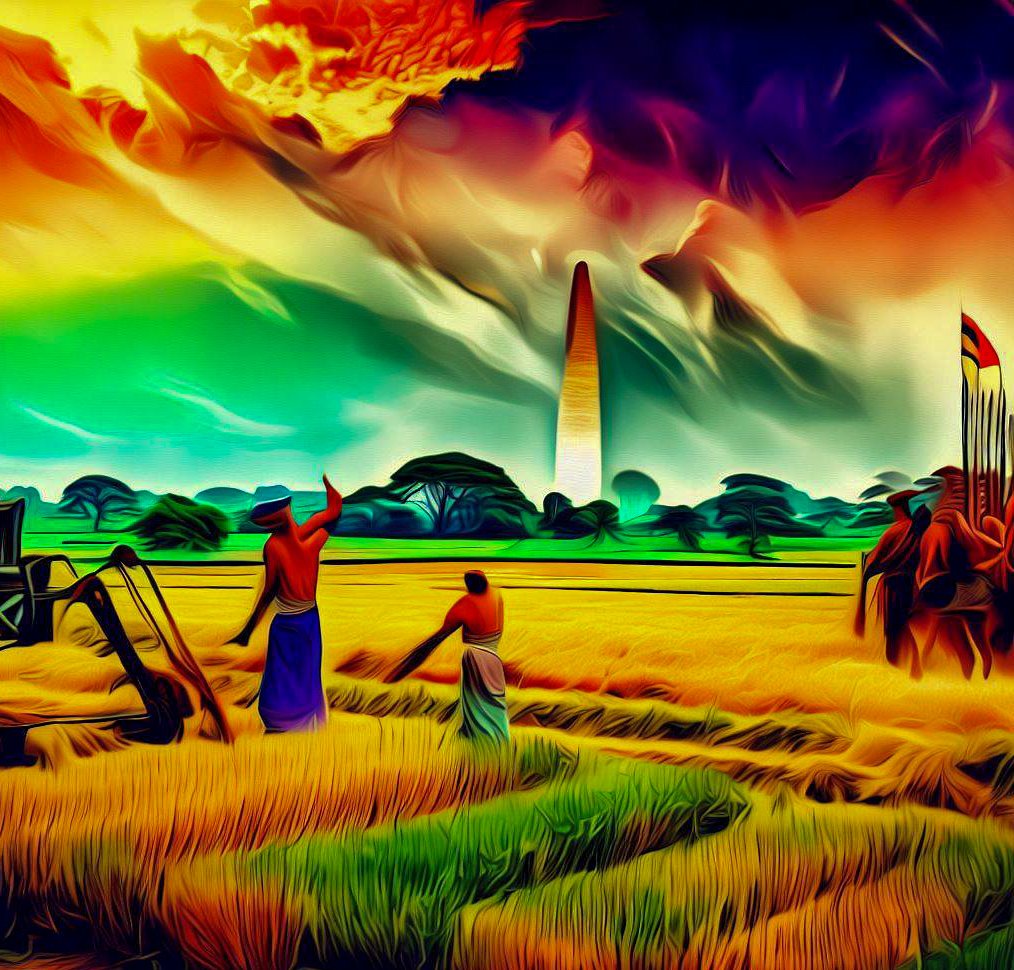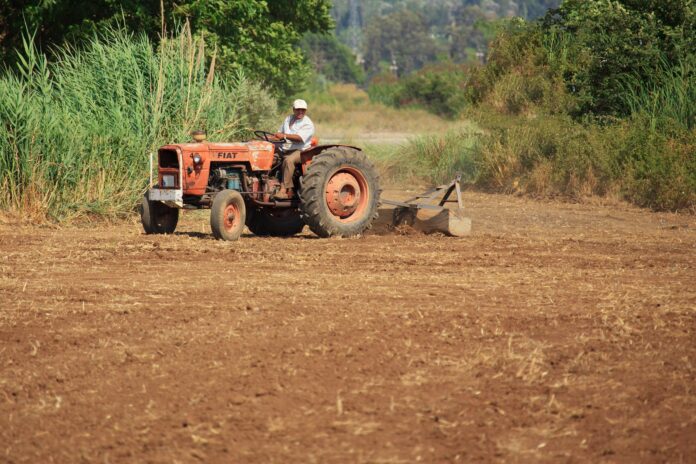Agriculture is a vital sector in Sri Lanka, contributing significantly to the country’s economy and the livelihoods of its people. The agricultural sector employs nearly a quarter of the country’s population and accounts for about 7.5% of the GDP. Sri Lanka has a long history of agriculture, with a legacy of indigenous and traditional practices that are deeply rooted in the country’s culture and history. In this article, we will delve into the history, current state, and future prospects of agriculture in Sri Lanka.
History of Agriculture in Sri Lanka

Agriculture has been an integral part of Sri Lanka’s history and culture for over 2500 years. The country’s ancient civilizations were heavily dependent on agriculture for their sustenance and prosperity. The irrigation systems built by ancient kings such as King Parakramabahu and King Dutugemunu are still in use today and are a testament to the country’s rich agricultural heritage.
Traditional farming methods such as slash and burn agriculture, terracing, and crop rotation were used in Sri Lanka for centuries. The farmers of Sri Lanka were also pioneers in the cultivation of spices such as cinnamon, cardamom, and pepper, which became some of the country’s most important exports.
Current State of Agriculture in Sri Lanka
Today, Sri Lanka’s agricultural sector faces many challenges, including low productivity, insufficient infrastructure, and the effects of climate change. However, the country’s farmers remain resilient and continue to work towards improving their yields and incomes.
The main crops cultivated in Sri Lanka are paddy, tea, coconut, rubber, and spices. Paddy is the country’s staple crop, and Sri Lanka is self-sufficient in rice production. Tea is the country’s largest export crop, with Sri Lanka being one of the largest tea exporters in the world. Coconut is another important crop, with coconut products such as coconut oil and coconut milk being widely used in Sri Lankan cuisine.
The government of Sri Lanka has launched several initiatives to support the agricultural sector and improve its productivity. The Agriculture Sector Modernization Project (ASMP) aims to improve the productivity and competitiveness of the agriculture sector by promoting the use of modern technologies, improving access to markets, and enhancing the skills of farmers. The government has also launched several programs to support small-scale farmers, including the Samurdhi program, which provides financial assistance to low-income families engaged in agriculture.
Future Prospects of Agriculture in Sri Lanka
The future of agriculture in Sri Lanka looks promising, with several opportunities for growth and development. The country has a favorable climate and soil conditions for agriculture and a large pool of skilled labor. Sri Lanka’s strategic location also provides it with access to key markets in Asia and the Middle East.
The government of Sri Lanka has identified several areas for growth in the agriculture sector, including organic agriculture, aquaculture, and the cultivation of high-value crops such as fruits and vegetables. The government has also launched initiatives to promote agro-processing and value addition, which can help increase the value of agricultural products and create more jobs in the sector.
Conclusion
Agriculture is an essential sector in Sri Lanka, with a rich legacy and significant contributions to the country’s economy and culture. While the sector faces several challenges, including low productivity and the effects of climate change, there are also many opportunities for growth and development. The government of Sri Lanka has launched several initiatives to support the agricultural sector and promote sustainable and inclusive growth. By working together, farmers, government, and consumers can ensure that agriculture in Sri Lanka continues to thrive and contribute to the country’s prosperity.
